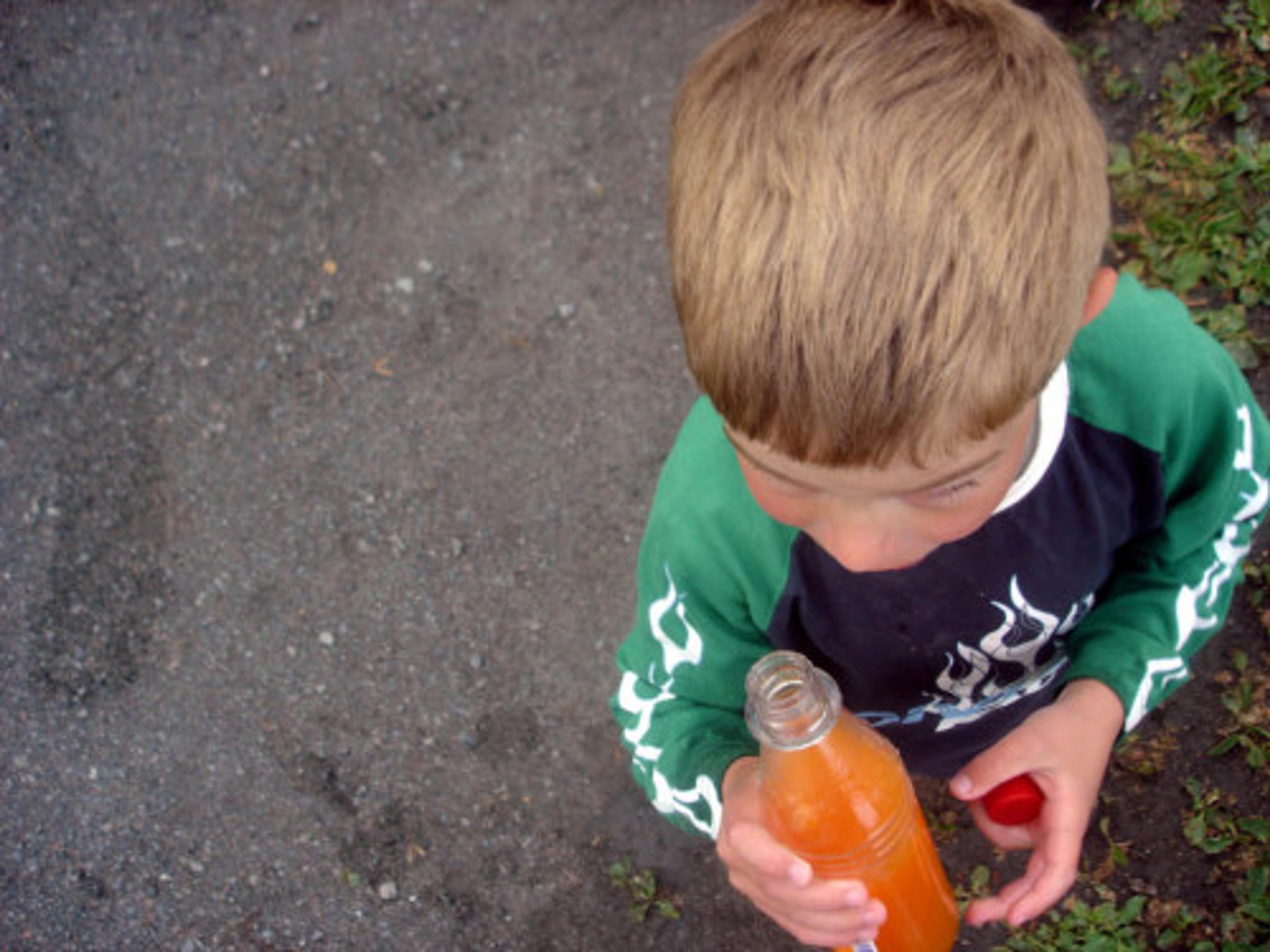Soda in schools – What’s changed?
| 2 min read

Diet or regular, it doesn’t matter! Soda is still bad for our health. Despite this, public schools have been flocking to line up to sign contracts with soda companies since the early 1990’s, allowing these companies the right to provide a whole range of drinks in soda machines, school stores and snack bars.
Sugary drinks, including soda products, are the single biggest source of calories in the diet, and continuously blamed for why one in three Michigan children between the ages of 10-17 are overweight or obese. Additionally, two major studies have found giving children and teens calorie-free alternatives, like water, to soda and other sugary drinks leads to less weight gain.
Thankfully, organizations are working to provide schools across the state with training to advance nutrition and to promote healthy lifestyles for Michigan children. The School Nutrition Association of Michigan (SNAM) is a great example as they work to empower food service professionals through training around the benefits of healthy nutrition for kids.
In addition to SNAM’s efforts, Blue Cross Blue Shield of Michigan and the United Dairy Industry of Michigan recently partnered together to award 75 Michigan schools with grants totaling $250,000 to provide children across the state with a healthy breakfast in more classrooms.
These local efforts support the recent federal guidelines to limit snacks available for Michigan students to purchase from vending machines or a la carte lines at school. “Smart Snacks in Schools” set minimum standards for how many snacks and drinks will be allowed to be purchased in Michigan schools. Here is an overview of the guidelines, which will go into effect in 2014:
- Snack items sold during the school day must contain fewer than 200 calories and comply with sugar, fat and sodium restrictions.
- A la carte entrée items can’t exceed 350 calories.
- Drinks allowed to be sold in schools include water, flavored water, milk, fruit juices and diet sodas.
- The guidelines do not apply to lunches packed at home. Parents are still able to send snack foods to school with their children.
- After-school activities, such as sporting events, will not be affected by these guidelines.
Do you think these new changes are enough to combat Michigan’s childhood obesity rate?
Photo credit: Andreas_MB





